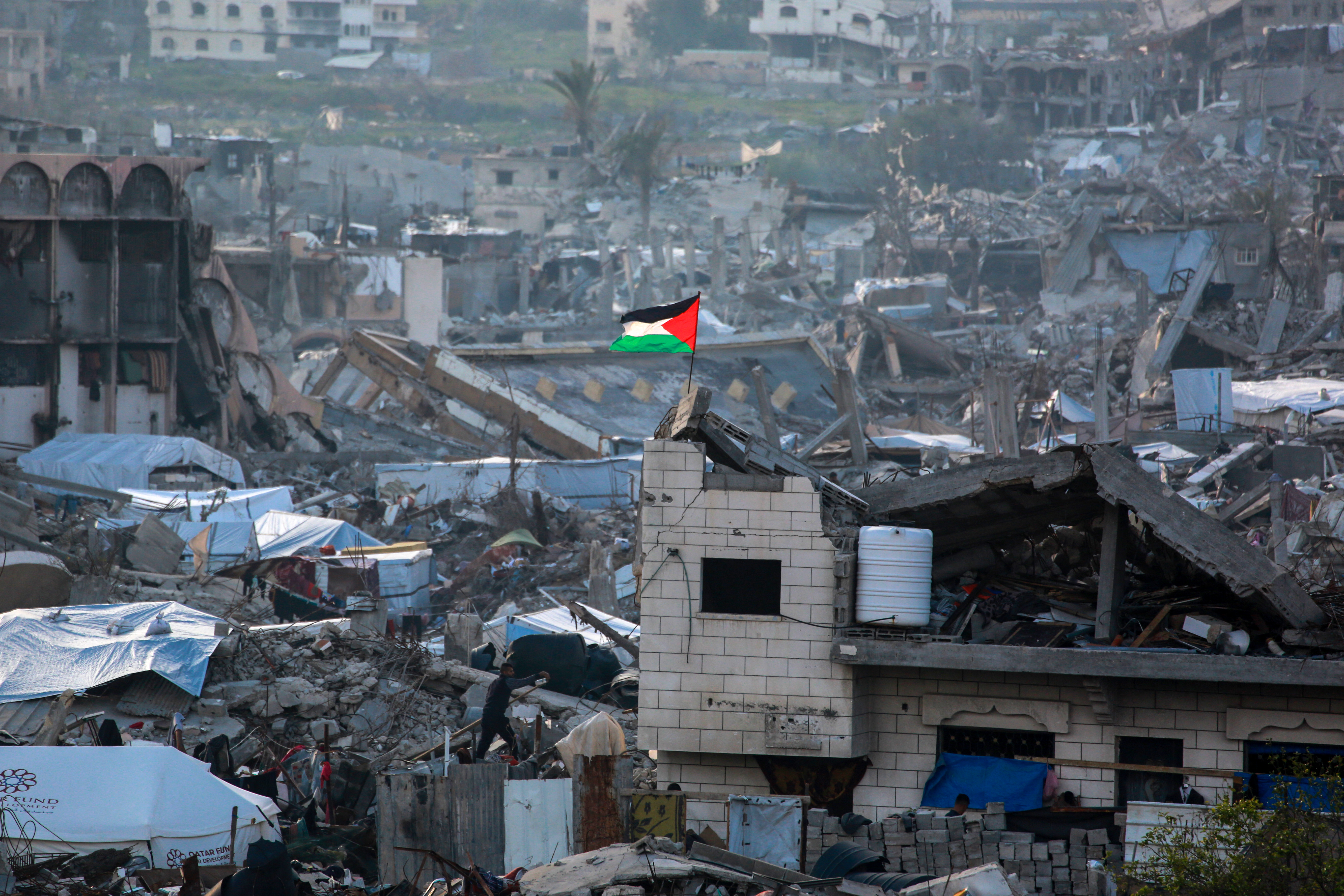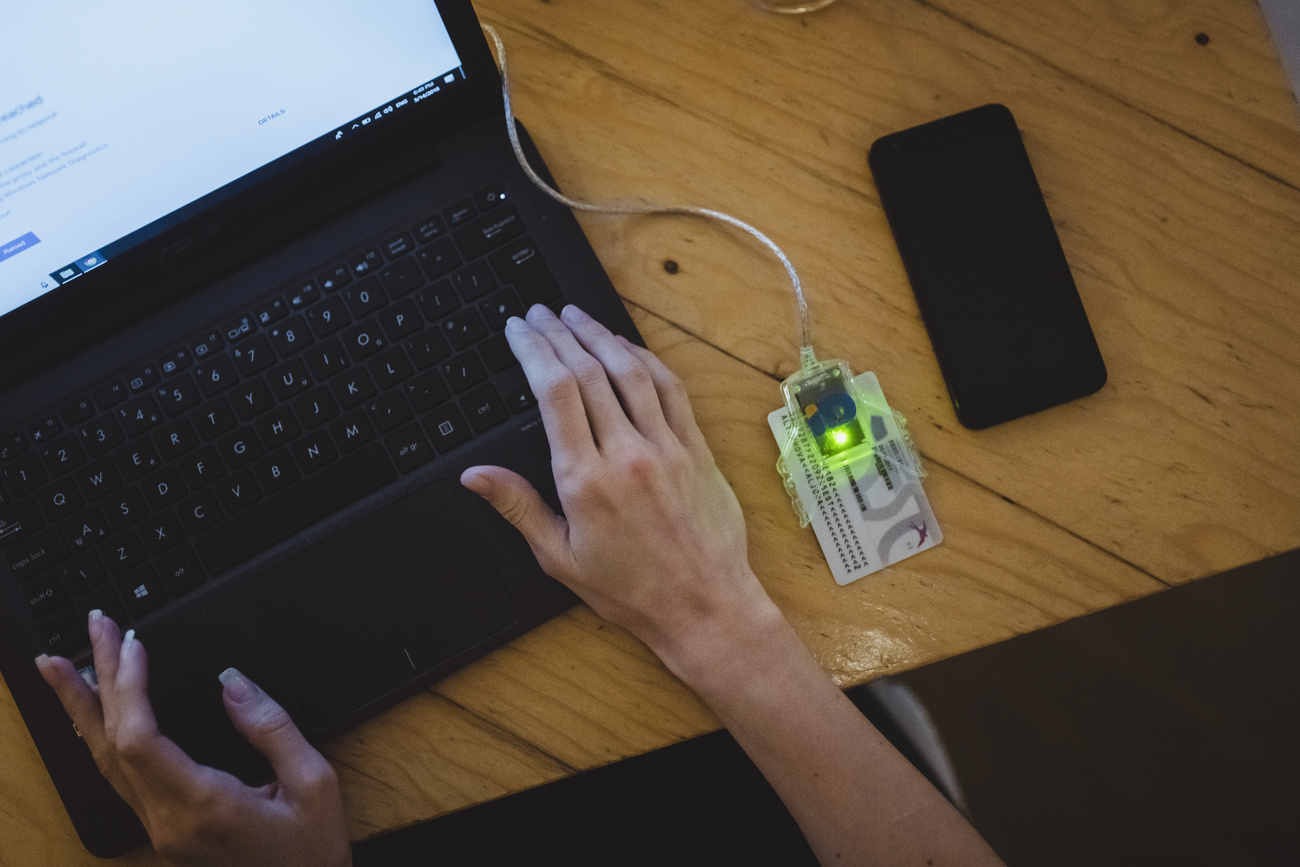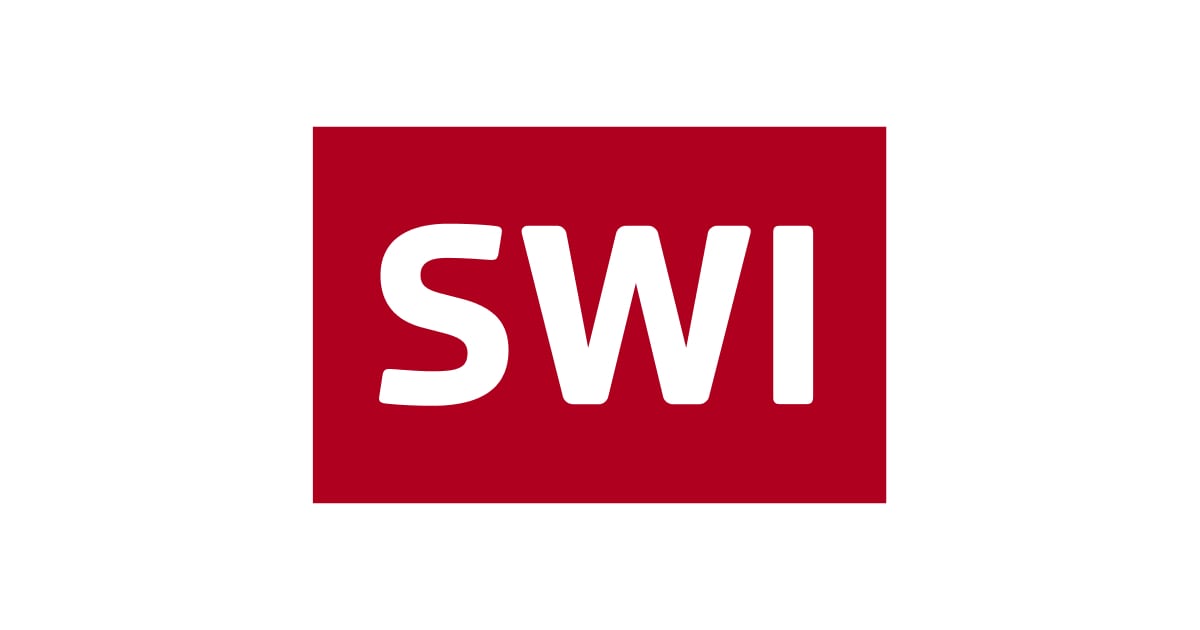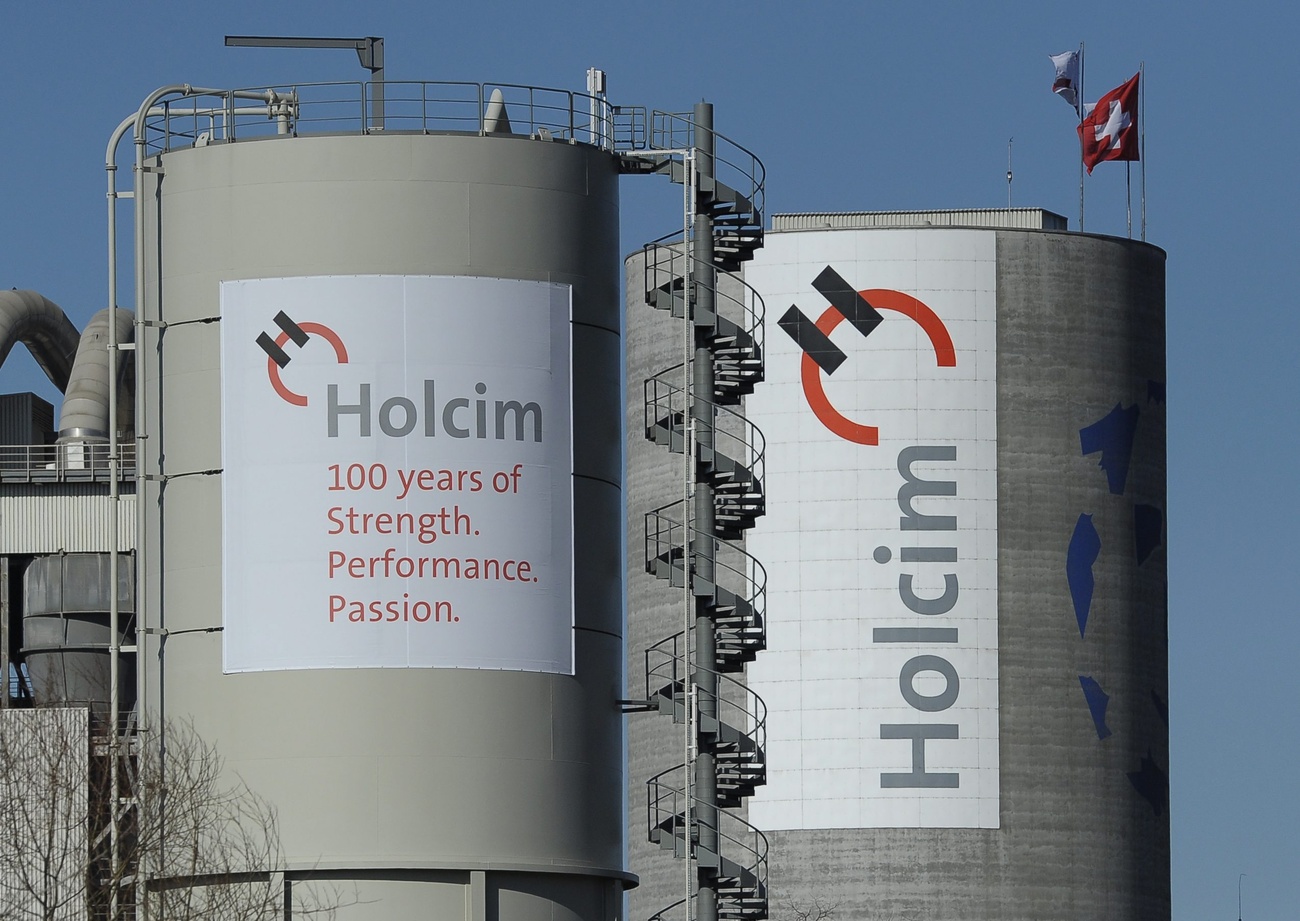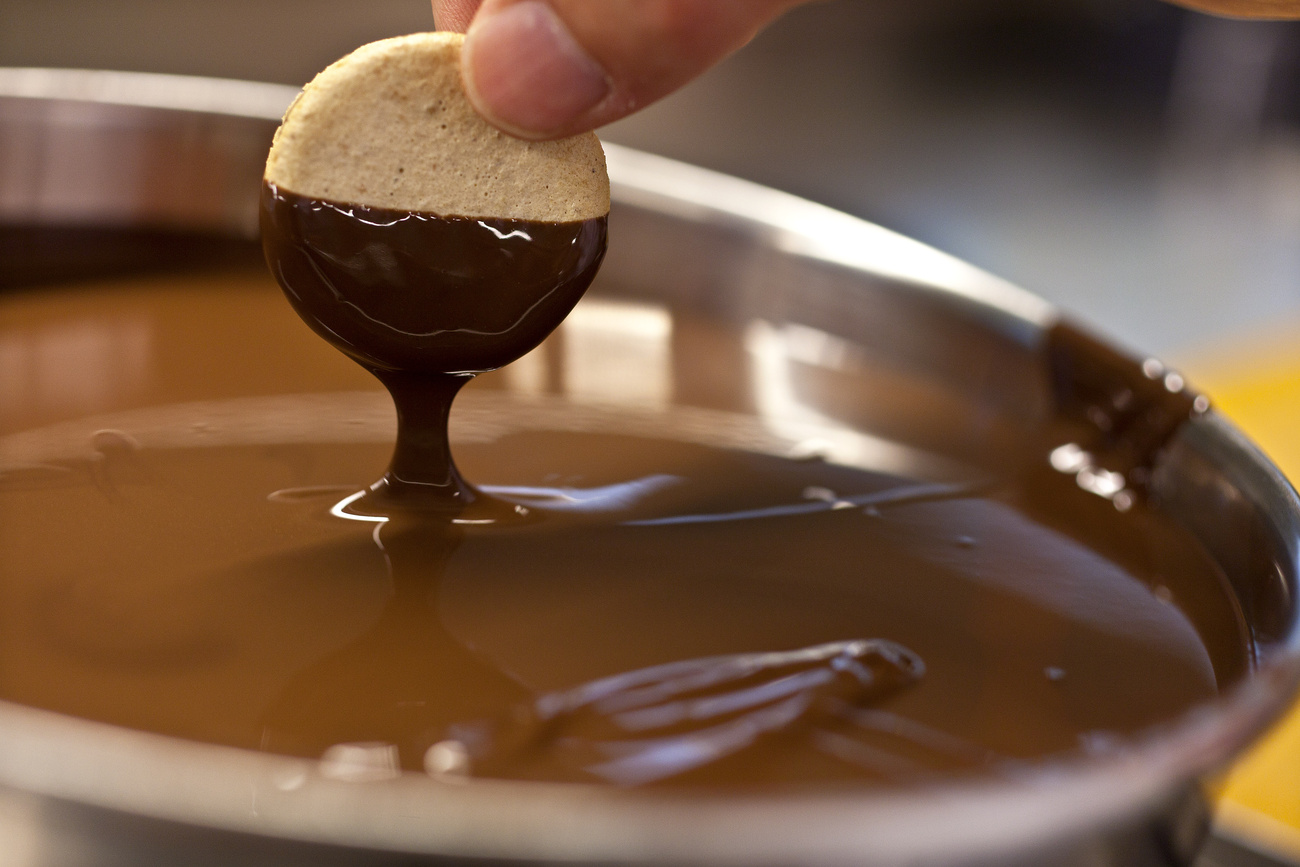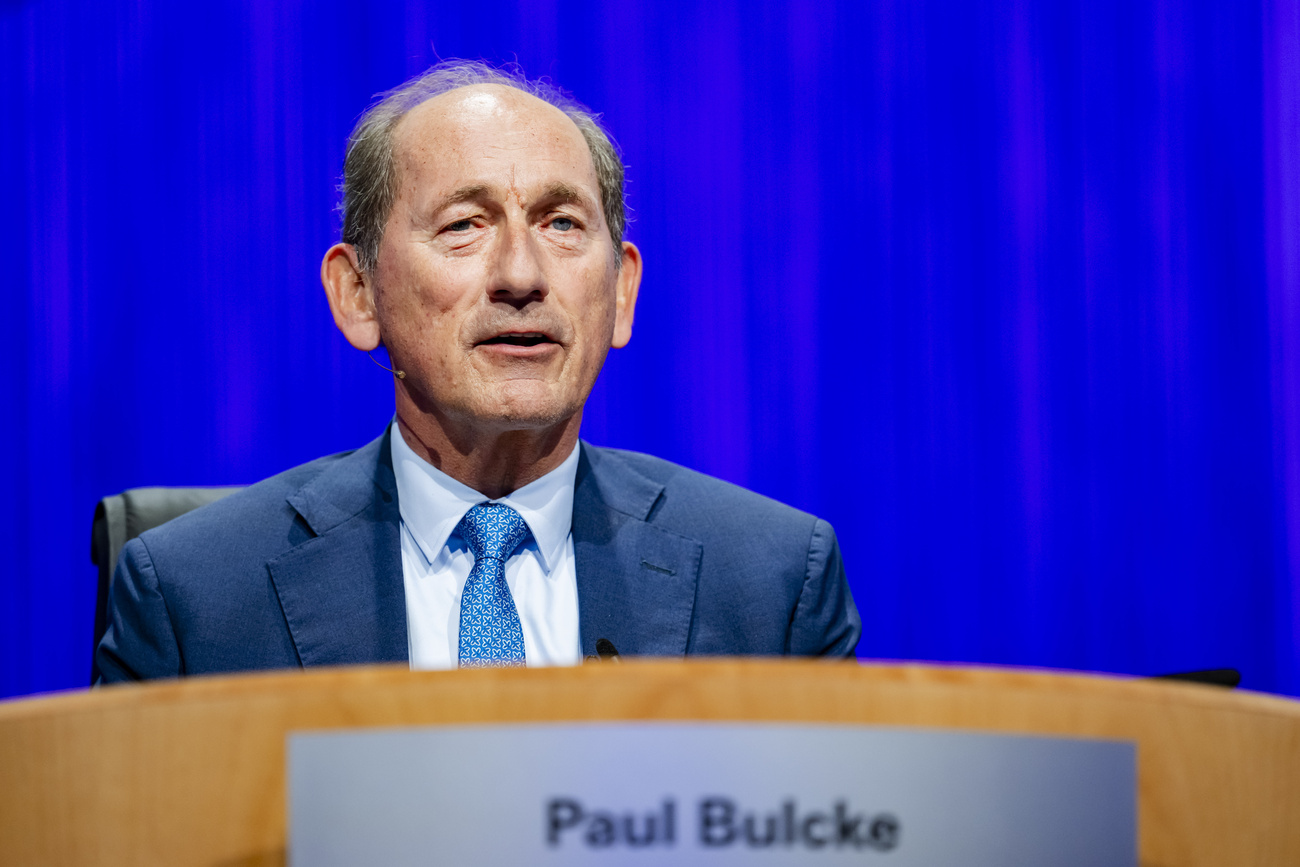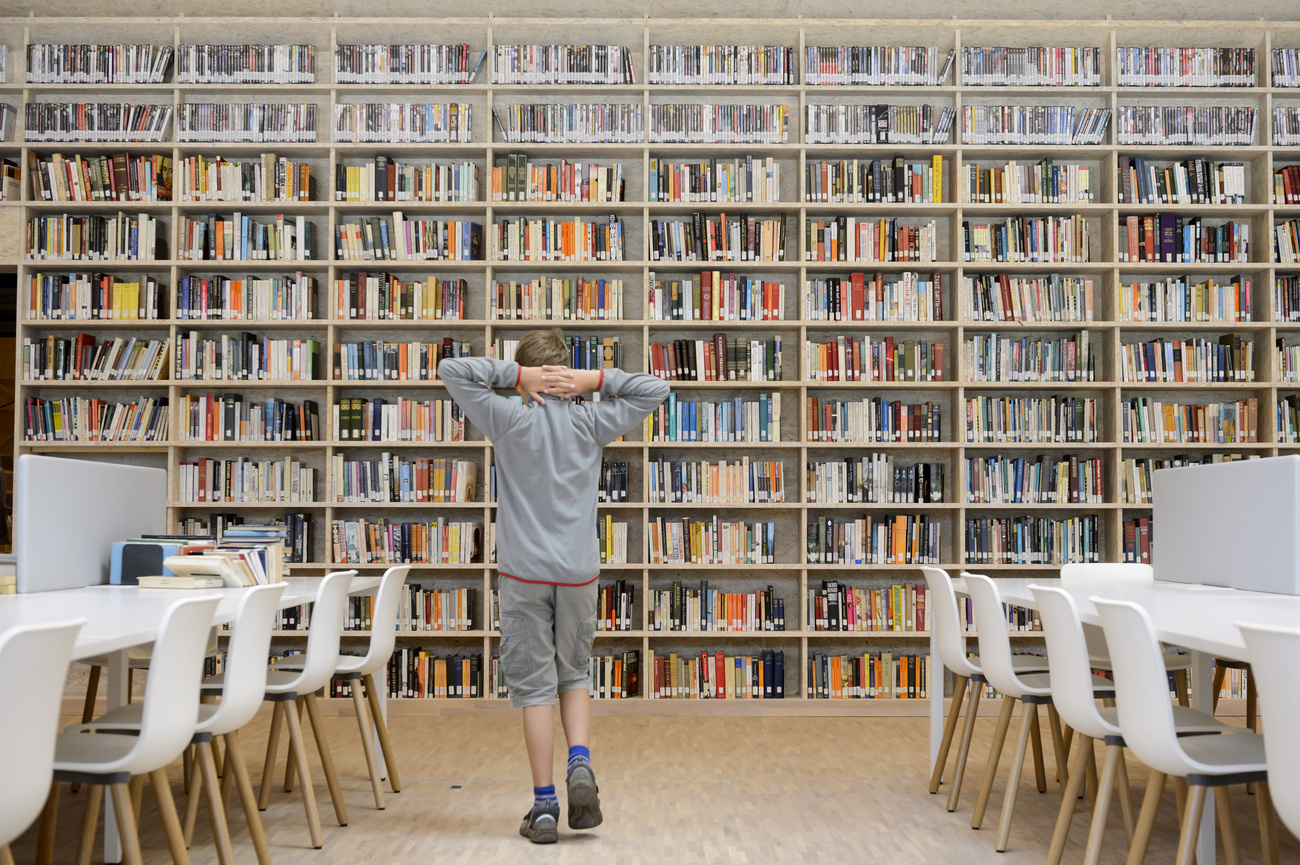
Singapore May be Shielded from US Pharma Tariffs, Gan Says
(Bloomberg) — New US levies on pharmaceuticals may not have an “immediate impact” on Singapore’s drugmakers, Deputy Prime Minister Gan Kim Yong said, adding the island may pursue a ceiling on tariff rates similar to deals that Washington has with other countries.
Gan, who is also minister for trade and industry, told reporters on Saturday that most pharmaceutical companies in Singapore have built capacity in the US or have plans to do so. That could allow them to be exempted from the upcoming US pharma tariffs, and the companies are also seeking clarity if they would qualify for an exclusion, he said.
Singapore is in discussions with the US administration over semiconductors as well, Gan said, while declining to elaborate on the talks because they are confidential.
“The model that the US has with Korea, Japan as well as the EU is a precedence that can be used as a reference,” Gan said in response to a question on tariff caps. “Whether or not it will be exactly the same, that’s something that’s part and parcel of the discussions and negotiation between US and Singapore.”
Singapore had initially avoided the harshest tariffs, receiving a 10% baseline duty while some Southeast Asian nations faced levies as high as 40%. Officials have warned however that global economic turmoil would have consequences for the hub’s trade-reliant economy, and pharmaceutical supply chains have featured prominently in trade talks with Washington.
The full impact of the threatened tariffs on pharmaceuticals is unclear, given the lack of details available from the White House and indications from Trump’s social media posts that companies planning US manufacturing may be exempt.
Read: Trump’s Pharma Bitter Pill Lifts US Levies 3.3 Ppts
Trump said the levies will take effect Oct. 1 unless companies are building manufacturing plants in the US. It was among a flurry of new tariffs he announced Thursday in Washington, including a 25% duty on imported heavy trucks, a 50% charge on kitchen cabinets, and 30% on upholstered furniture.
Drugmakers including Pfizer Inc., Amgen Inc. and Merck & Co. have facilities in Singapore, where pharmaceuticals account for about 13% of exports to the US, said Gan, adding the industry accounts for more than S$4 billion ($3.1 billion) worth of exports to the US. Plants operated by Novartis AG and AbbVie Inc. also manufacture blockbuster biologics such as Cosentyx and Skyrizi for global markets.
All five of those firms have US manufacturing facilities.
Economists at Barclays PLC warned of Singapore’s exposure in a research note, with the city-state vulnerable through both direct drug exports and shipments of intermediate goods to other countries.
Barclays now estimates Singapore’s effective tariff rate would rank just behind Vietnam’s 20% after implementation. Prime Minister Lawrence Wong criticized US tariffs after they were first announced in April, telling lawmakers that “these are not actions one does to a friend.”
“Investments are going to be a lot more competitive from time to come and Singapore will have to compete with many countries including the US for new investments,” Gan said. “This is something that has always been our challenge from the beginning.”
–With assistance from Jason Gale, Dong Lyu and Amber Tong.
(Updates with tariff discussions from first paragraph)
©2025 Bloomberg L.P.
